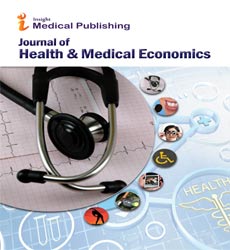Abstract
Impact of the Heat Change on Accidents among Workers
In the steel industries, workers are exposed to heat and ambient thermal stresses on a daily basis, leading to discomfort and limited performance. In this study, the main purpose is to investigate the effect of climate heat stress on the rate of accidents in the workplace for workers for 5 consecutive years. The data of this study were received without any sampling through the HSE Center for Steel Industry and meteorological data from 2015 to 2019 from Isfahan Meteorological station. The daily number of casualties among workers in the steel industry during 2015-2019 by adjusting seasonal patterns, months, effects of the day of the week and other meteorological factors on the average daily temperature using the studied model has a decreasing effect. Eviews software (version 8) was used to model and investigate the relationship between events and meteorological variables. The mean temperature was at least 40.2-2 and at most 70.34 ° C, respectively. In the time-series study for the main model, the number of accidents shows a direct relationship with the average temperature and wind speed. Climatic indices of humidity and rainfall have the least impact on accidents compared to temperature and wind speed. A strong correlation was shown between the increase in average ambient temperature and the rate of accidents over the past 5 years. Given the fundamental differences in studies of environmental exposure and wind speed over heat stress, further analysis in workers should be considered.
Author(s):
Mahsa Nazari
Abstract | PDF
Share this

Google scholar citation report
Citations : 210
Journal of Health & Medical Economics received 210 citations as per google scholar report
Abstracted/Indexed in
- Google Scholar
- China National Knowledge Infrastructure (CNKI)
- WorldCat
- Geneva Foundation for Medical Education and Research
Open Access Journals
- Aquaculture & Veterinary Science
- Chemistry & Chemical Sciences
- Clinical Sciences
- Engineering
- General Science
- Genetics & Molecular Biology
- Health Care & Nursing
- Immunology & Microbiology
- Materials Science
- Mathematics & Physics
- Medical Sciences
- Neurology & Psychiatry
- Oncology & Cancer Science
- Pharmaceutical Sciences

